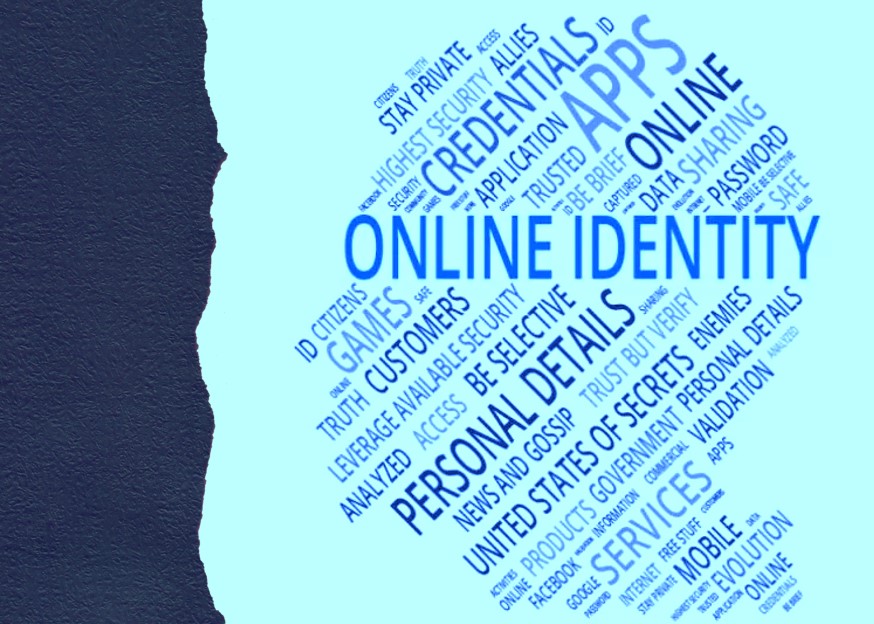Preserving Your Digital Privacy.
How to Delete Yourself from Internet Search Results and Protect Your Online Identity
Preserving Your Digital Privacy: How to Delete Yourself from Internet Search Results and Protect Your Online Identity
February 6, 2024

In today’s digital age, maintaining privacy and protecting our online identities are paramount. However, with personal information readily available on the internet, it can be challenging to control what others can find out about us. In this cybersecurity blog post, we will explore effective strategies to delete yourself from internet search results and safeguard your identity online, enabling you to regain control over your digital presence.
Assess Your Digital Footprint
Start by assessing your digital footprint and the information available about you online. Search for your name, email addresses, and usernames to identify the websites, social media profiles, and online directories where your information is displayed.
Review Privacy Settings
Examine the privacy settings of your social media accounts and other online platforms. Adjust these settings to limit the visibility of your personal information, restrict access to your posts and profile, and control who can view your photos and contact details.
Remove Personal Information from Online Platforms
Reach out to websites and online directories that display your personal information and request the removal of such data. Ensure to follow their specific procedures for content removal, providing necessary identification or verification if required.
Delete Old Accounts
Identify and delete any unused or unnecessary online accounts. Many online services allow you to close or deactivate accounts permanently. Removing unused accounts minimizes your online presence and reduces the risk of personal information exposure.

Opt-Out of Data Broker Websites
Data broker websites collect and sell personal information. Use reputable data broker opt-out services to request the removal of your information from their databases. This process may require submitting specific forms or verification documents.
Manage Search Engine Results
Contact search engines like Google, Bing, and Yahoo to request the removal of specific search results that display sensitive or outdated information. Search engine removal policies vary, and they may require valid reasons and supporting documentation.
Protect Your Online Identity
To further safeguard your online identity, consider the following practices:
- Use strong, unique passwords for each online account and enable two-factor authentication where available.
- Regularly review and update your privacy settings and permissions on social media platforms and online services.
- Be cautious when sharing personal information online and be mindful of what you post or comment on social media.
- Utilize a reputable virtual private network (VPN) to encrypt your internet traffic and protect your browsing activities.
- Consider using pseudonyms or alternative email addresses when signing up for online services to reduce the association with your real identity.
Regularly Monitor and Maintain Privacy
Continuously monitor your online presence by periodically searching for your name and personal details. Regularly review and update your privacy settings, remove outdated information, and stay informed about privacy practices and emerging threats.

Protecting your digital privacy and hiding your identity online requires a proactive and systematic approach. By assessing your digital footprint, reviewing privacy settings, removing personal information from online platforms, and deleting unnecessary accounts, you can regain control over your online presence. Additionally, managing search engine results, opting out of data broker websites, and adopting best practices for online identity protection contribute to safeguarding your privacy. Stay vigilant, regularly monitor your online presence, and adapt your privacy practices as the digital landscape evolves. By taking these steps, you can enhance your privacy, protect your online identity, and maintain greater control over your digital footprint.
Have Any Question?
Call or email Cocha. We can help with your cybersecurity needs!
- (281) 607-0616
- info@cochatechnology.com




